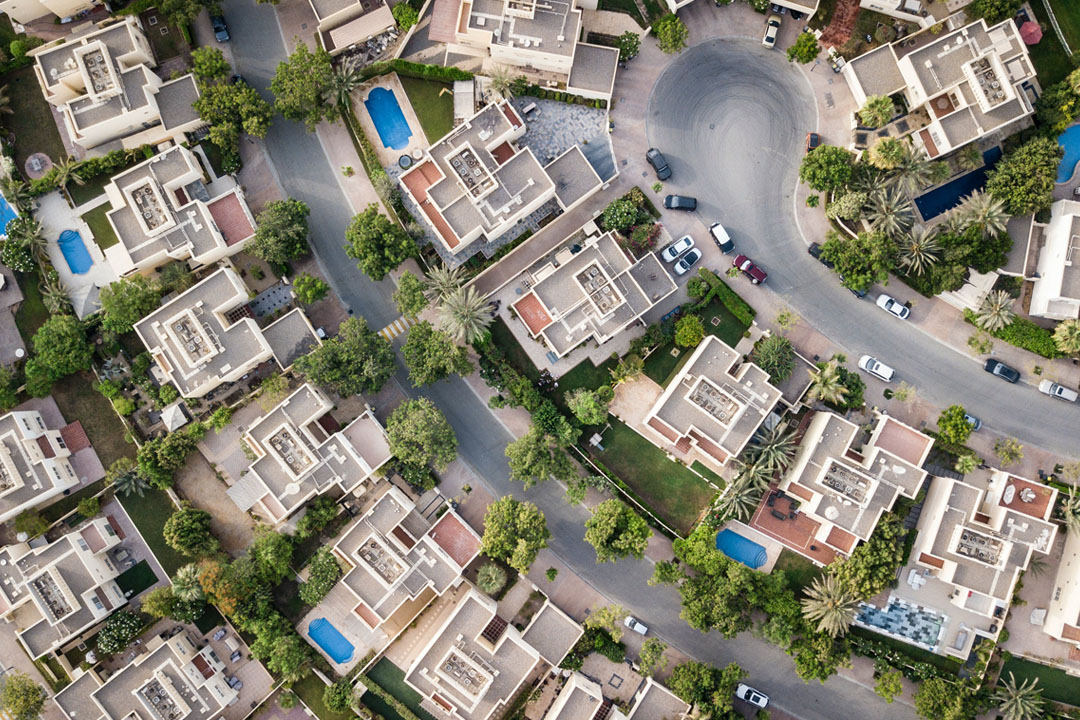Introduction:
Real estate a cornerstone of wealth creation and economic stability undergoes constant evolution in response to societal technological and economic changes. In this article we explore the multifaceted world of real estate examining its historical significance current trends and the transformative impact it has on individuals communities and economies.
Historical Roots:
Real estate has been an integral part of human civilization since ancient times. The concept of ownership and the exchange of land for goods or services date back centuries forming the foundation of property rights. Throughout history land ownership has been a symbol of wealth power and social status. Today the real estate industry encompasses a broad spectrum of properties from residential homes to commercial spaces industrial facilities and agricultural land.
Residential Real Estate:
Residential real estate remains a primary focus for individuals and families seeking shelter security and a sense of belonging. The housing market is dynamic influenced by factors such as demographics economic conditions and societal trends. The concept of homeownership is deeply ingrained in many cultures representing not only a financial investment but also a place to call home.
In recent years the rise of urbanization and changing lifestyle preferences have led to an increased demand for diverse housing options. From smart homes equipped with cutting edge technology to eco friendly and sustainable housing solutions the residential real estate market is adapting to the evolving needs and expectations of a modern discerning population.
Commercial Real Estate:
Commercial real estate plays a pivotal role in shaping the business landscape of cities and regions. Office spaces retail establishments and industrial facilities form the backbone of economic activities. The growth of the tech industry remote work trends and the rise of ecommerce have introduced new dynamics to the commercial real estate sector.
Flexible workspaces smart buildings and sustainable design are emerging as key considerations for businesses and investors. The adaptability of commercial spaces to accommodate evolving work models and the integration of technology for energy efficiency and enhanced user experience are reshaping the way we view and utilize commercial real estate.
Investment and Wealth Creation:
Real estate has long been recognized as a vehicle for wealth creation and investment diversification. The potential for capital appreciation, rental income, and tax benefits make real estate an attractive option for investors. Residential properties, commercial spaces, and real estate investment trusts (REITs) provide avenues for individuals and institutional investors to participate in the real estate market.
However, investing in real estate requires careful consideration of market conditions, risk factors, and financial goals. The cyclical nature of real estate markets means that investors must stay informed about economic trends, interest rates, and local market dynamics to make informed decisions that align with their investment objectives.
Technological Disruption:
In the 21st century, technology has become a driving force in reshaping the real estate industry. The advent of digital platforms, virtual reality, and data analytics has transformed how properties are listed, marketed, and transacted. Online real estate marketplaces, 3D virtual tours, and predictive analytics have streamlined the buying and selling process, providing greater transparency and efficiency.
Blockchain technology is also making inroads in real estate transactions, offering enhanced security, transparency, and efficiency in property transactions. Smart contracts, powered by blockchain, have the potential to simplify and automate various aspects of real estate transactions, reducing the need for intermediaries and enhancing trust between parties.
Impact on Communities:
Real estate development has a profound impact on the fabric of communities. Thoughtful urban planning, sustainable design, and community engagement are essential components of responsible real estate development. Mixed-use developments that combine residential, commercial, and recreational spaces contribute to vibrant, livable communities.
Affordable housing remains a pressing issue in many regions, highlighting the need for innovative solutions and social responsibility in real estate development. Public-private partnerships, community land trusts, and sustainable housing initiatives are crucial for addressing the housing needs of diverse populations and promoting inclusive urban development.
Environmental Sustainability:
The real estate industry is increasingly recognizing the importance of environmental sustainability. Green building practices, energy-efficient design, and sustainable materials are becoming standard considerations in real estate development. From LEED certification for commercial buildings to energy-efficient appliances and solar panels for residential properties, environmental consciousness is influencing real estate decisions and shaping the industry’s future.
Conclusion:
Real estate, a dynamic and multifaceted industry, continues to play a central role in shaping the world we live in. From providing shelter and creating wealth to influencing urban development and embracing technological advancements, real estate remains at the intersection of societal progress and economic prosperity. As we navigate the ever-changing landscape of real estate, a thoughtful and forward-thinking approach is essential to ensure that the industry contributes positively to the well-being of individuals, communities, and the planet.













